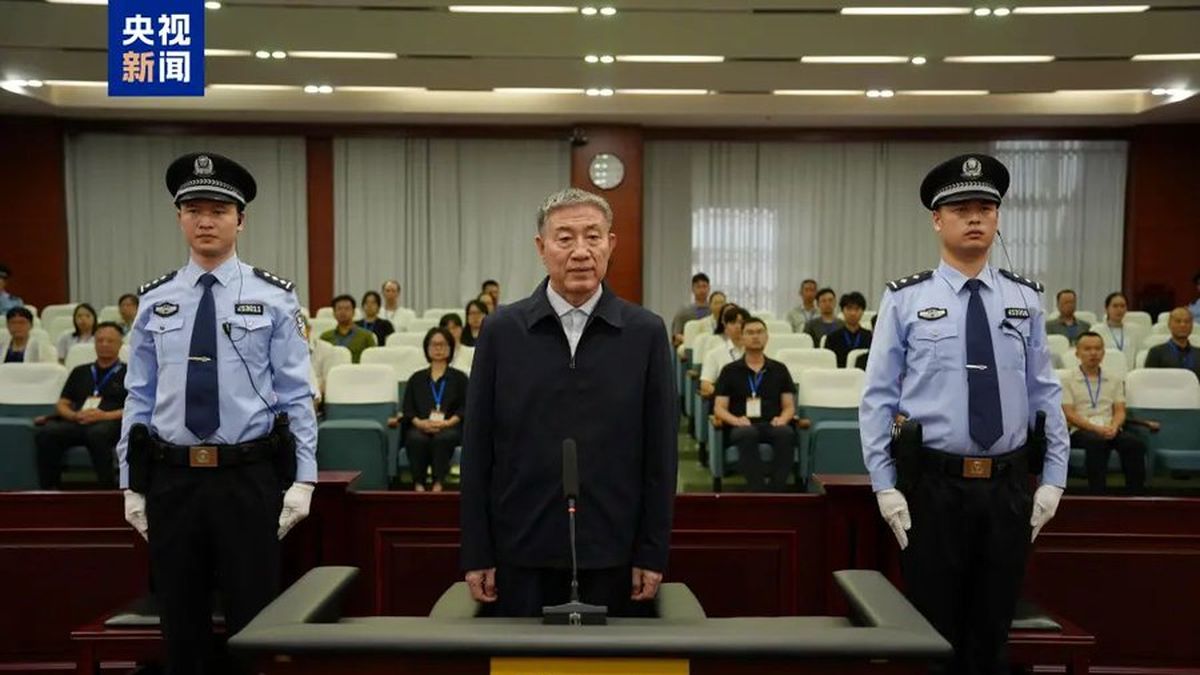Saxony-Anhalt
Party circles: Haseloff clears away for successors
Copy the current link
Add to the memorial list
It was speculated for a long time – now it is clear who the CDU in Saxony -Anhalt will go to the state election 2026 next year. Economic Minister Sven Schulze wants to become Prime Minister.
The longest-serving prime minister in Germany is breaking up: Saxony-Anhalt’s Prime Minister Reiner Haseloff (71) does not start again as a CDU top candidate for the 2026 state election. Instead, Minister of Economics and CDU state chief Sven Schulze (46) wants to run, as the German press agency learned from party circles.
A new state parliament will be elected in Saxony-Anhalt on September 6, 2026. Haseloff has been prime minister since 2011. First he led a black and red alliance, then a black, red-green coalition and since 2021 in Saxony-Anhalt CDU, SPD and FDP together.
Schulze has been CDU state chief since 2021 and since then also Minister for Economics, Tourism, Agriculture and Forestry in Haseloff’s cabinet. The man from the Harz was previously a member of a member of the European Parliament.
Loud voice for the east
Haseloff has made a name for the east in recent years. Most recently, after the Bundestag election, he was even traded as a possible Federal Minister. In GDR times, Haseloff once worked in environmental research, after reunification he took over several management positions: work office director, state secretary, economic minister and from 2011, finally the Prime Minister in Magdeburg.
Don’t you want to miss anything from the star?
Personally, competent and entertaining: Editor -in -chief Gregor Peter Schmitz sends you the most important content from the star-Credaction and arranges what Germany talks about.
Haseloff had actually wanted to end in 2021. But he started again. He had appeared as a visual and audible manager during the Corona period, explained the politicians of the state government in detail in press conferences transferred online. In the struggle for a compromise on the coal phase -out, the Wittenberger repeatedly stepped in front of cameras in Berlin and wanted to get as much as possible for the Central German territory.
He dismissed his interior minister Holger Stahlknecht at the time as successor shortly after the announcement of his renewed candidacy. In a newspaper interview, Stahlknecht had speculated about failure of the then black-red-green coalition and brought a subsequent CDU minority government to the regular state election.
With an unexpectedly clear election victory in the state election, the CDU with Haseloff at the top referred the AfD to the barriers for a long time. At that time, the CDU had reached 37.1 percent of the votes and the AfD to 20.8 percent. But the situation has now been reversed: In the Bundestag election in February, the AfD had clearly left the CDU behind with 37.1 percent of the second votes in the country. The Christian Democrats had come to 19.2 percent.
dpa
Source: Stern
I have been working in the news industry for over 6 years, first as a reporter and now as an editor. I have covered politics extensively, and my work has appeared in major newspapers and online news outlets around the world. In addition to my writing, I also contribute regularly to 24 Hours World.




